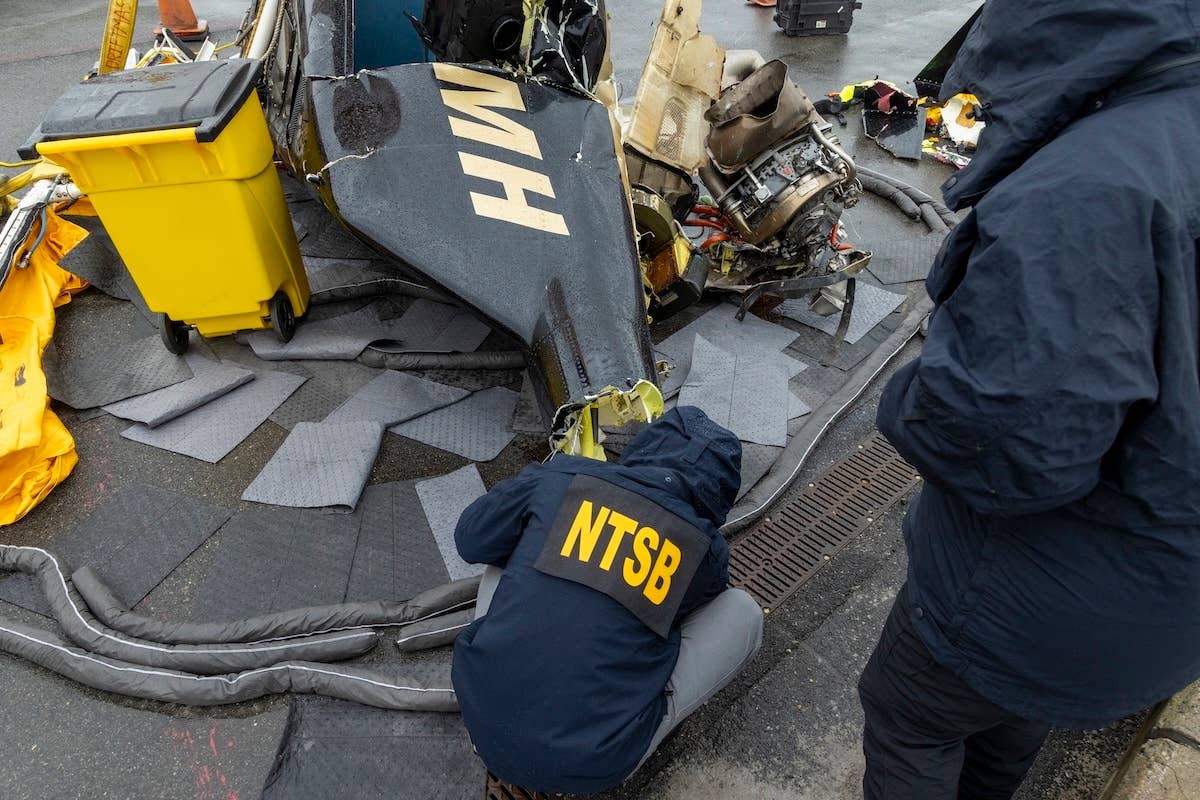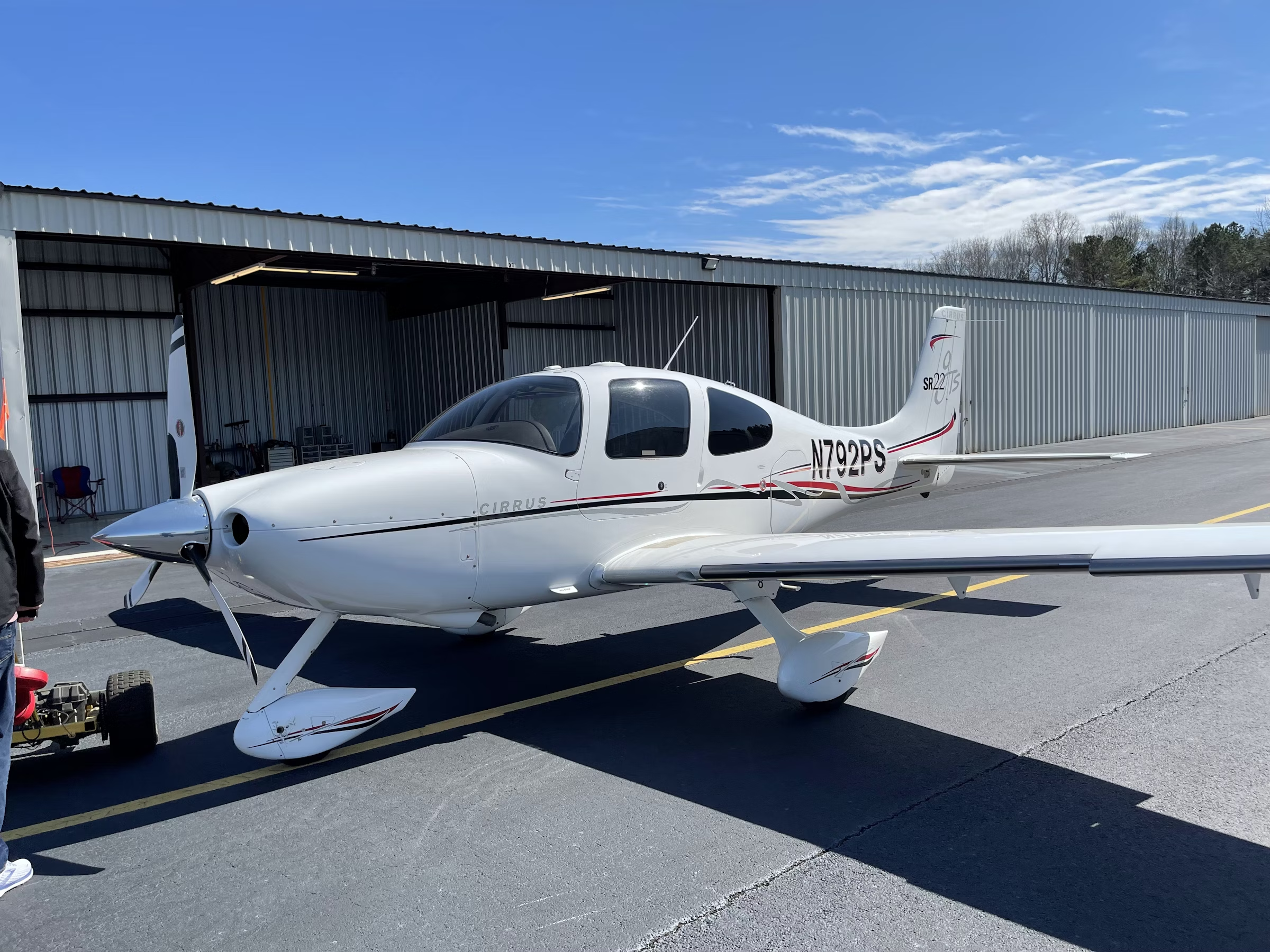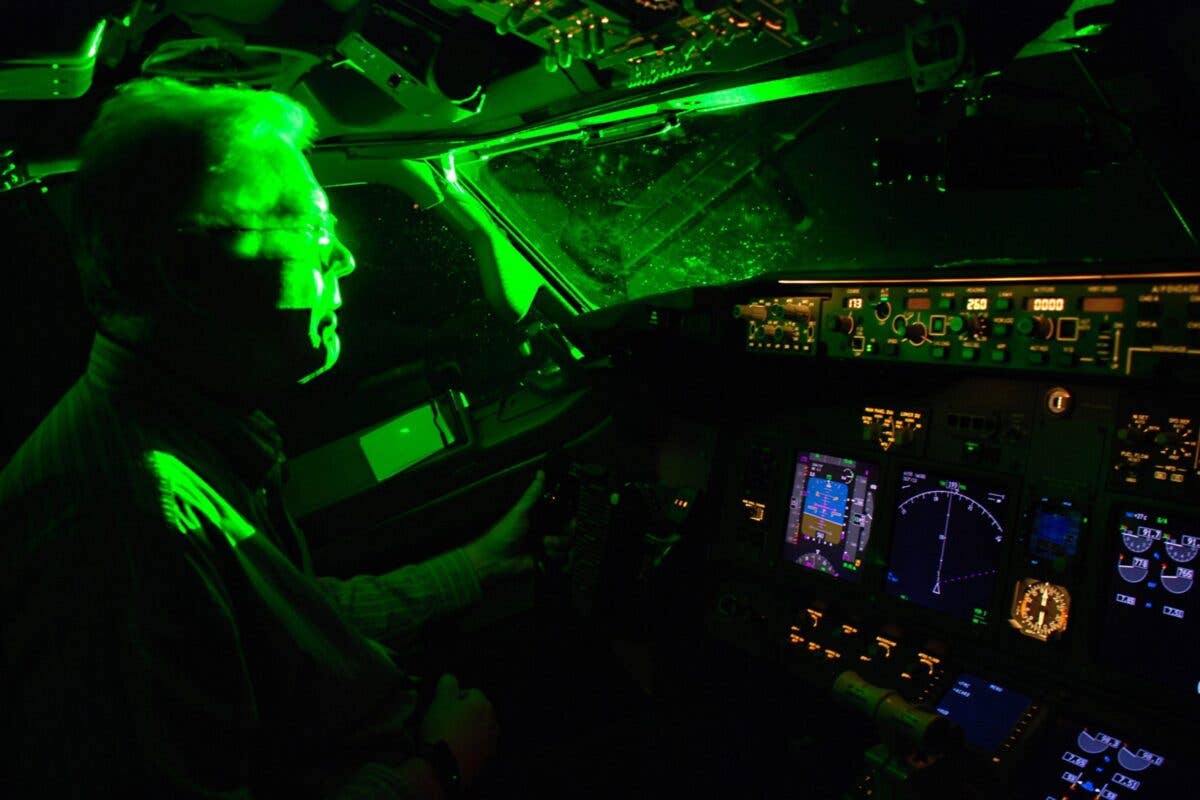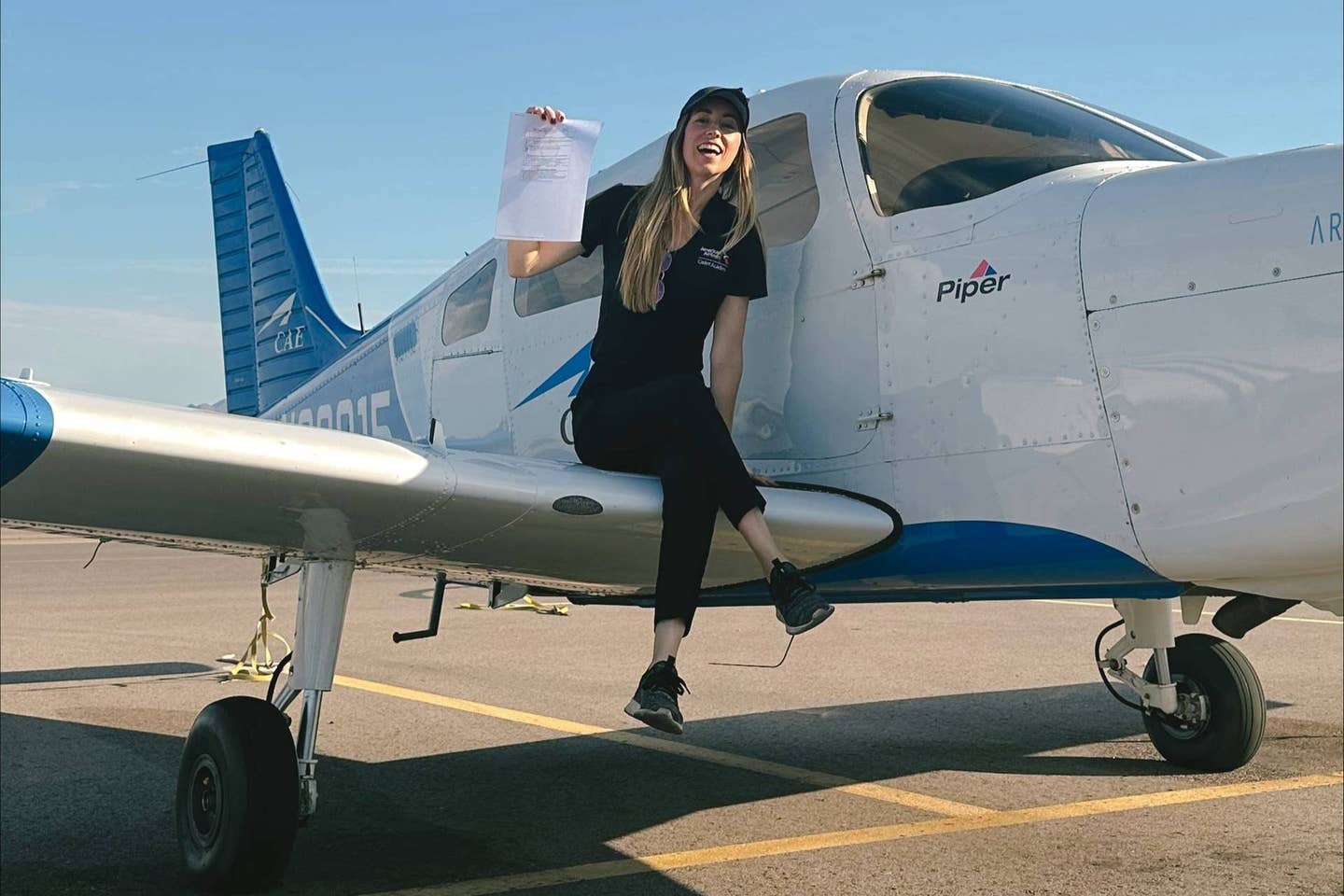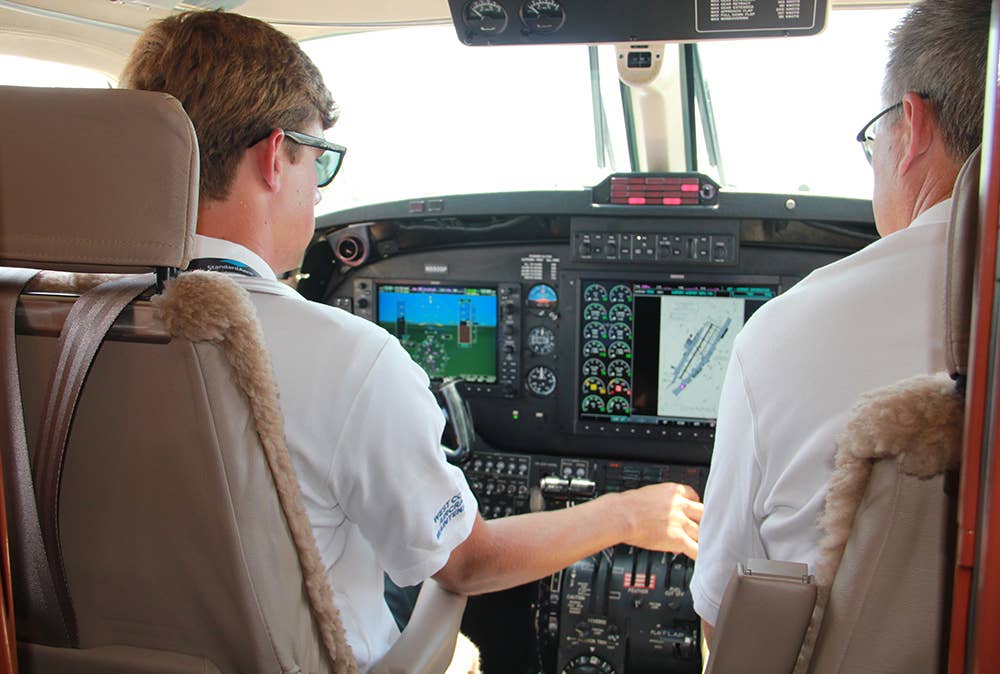FAA Critical of Boeing Safety Culture
The agency’s 50-page report cites areas where the aerospace giant needs improvement.
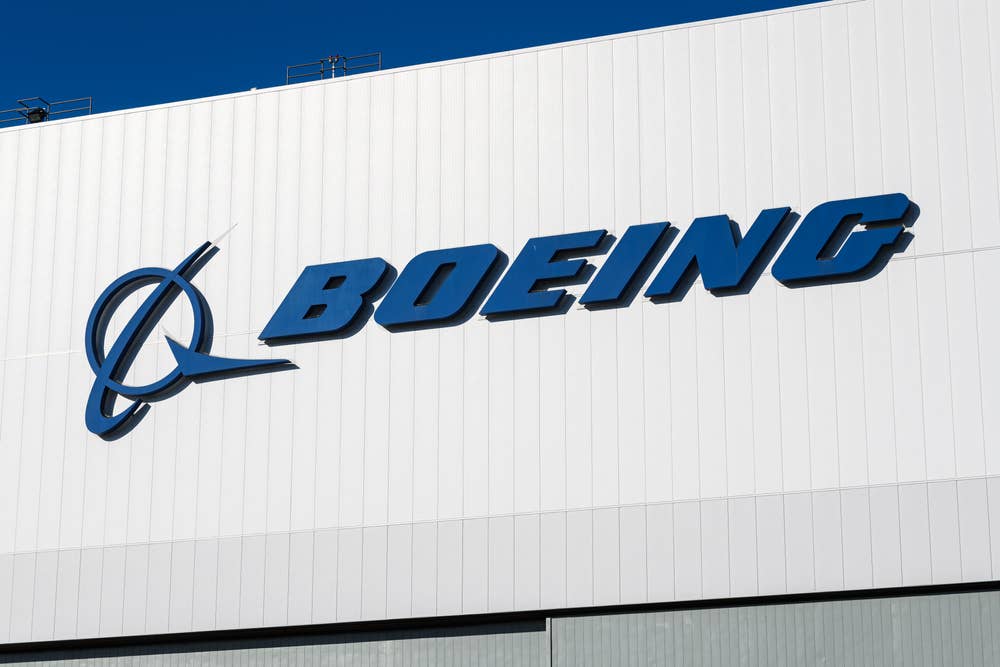
The FAA brought in several outside sources to review Boeing’s safety culture and found it lacking in many places, including internal oversight. [ Ian Dewar Photography/Shutterstock]
A 50-page report commissioned by the FAA and released Monday calls attention to "a disconnect between Boeing's senior management and engineering employees with respect to safety oversight."
The report, compiled and written by a panel of independent aviation experts, including representatives from several airlines, unions, academic institutions, and manufacturers of components used in Boeing commercial aircraft, identifies multiple soft spots in Boeing's present safety culture.
The report looked at how Boeing manages the engineering employees responsible for internal oversight that was delegated to the engineering team on behalf of the FAA. According to the expert panel, it observed "inadequate and confusing implementation" of what is supposed to be a company wide safety culture.
For example, although Boeing officials have stated repeatedly the company has a commitment to safety above all other priorities, the report found many employees are worried that openly reporting a potential issue that could delay aircraft delivery or certification could result in retaliatory practices, such as changes in an employee’s salary or furlough ranking.
How the Report was Created
According to the report, the expert panel focused its review on safety culture and safety management systems (SMS) by interviewing more than 250 Boeing employees in six different company locations and reviewing 4,000 pages of documents. The panel "found a lack of awareness of safety-related metrics at all levels of the organization and significant skepticism expressed by Boeing employees regarding the lasting power of the SMS implementation."
The report also noted that as a result of the pandemic there has been a reduction in the number of senior engineers at Boeing as many chose to retire and have not been replaced. This limits Boeing's ability to do much of the oversight that was delegated to it by the FAA. The report noted that the FAA has also experienced a drain in its engineering pool due to the pandemic.
Among the more unsettling aspects of the report was the finding that Boeing had "inadequate human factors consideration commensurate to its importance to aviation safety and lack of pilot input onto aircraft design and operation." The report noted that a series of Boeing administrative decisions had reduced the number of engineers that focused on "human factors'' in the years before 2018 when the first of three fatal crashes involving the Boeing 737 Max aircraft occurred.
The company is now reportedly rebuilding its human factors team.
What Happens Next?
The purpose of the report is to improve Boeing's safety culture, and to that end, the expert panel has made more than 50 recommendations, including one to develop an investigative process into safety concerns that is "sufficiently autonomous to ensure confidence in nonretaliatory measures."
The report gives Boeing six months to develop an action plan to make the changes happen. The plan must then be shared with the FAA along with a timeline for implementation.
"The FAA appreciates the hard work and dedication of the expert panel members who completed this extensive review in preparing this report, which meets a requirement of the Aircraft Certification, Safety, and Accountability Act," the agency said in a statement to FLYING. "We will immediately begin a thorough review of the report and determine next steps regarding the recommendations as appropriate. We will continue to hold Boeing to the highest standard of safety and will work to ensure the company comprehensively addresses these recommendations."
According to Boeing, changes are already underway to improve safety culture.
- READ MORE: Boeing Changes Leadership of 737 Program
"We transparently supported the panel’s review and appreciate their work," a Boeing spokesperson told FLYING. "We’ve taken important steps to foster a safety culture that empowers and encourages all employees to share their voice. But there is more work to do. We will carefully review the panel’s assessment and learn from their findings, as we continue our comprehensive efforts to improve our safety and quality programs.”
The Boeing spokesperson also noted a recent message to employees from Boeing CEO Dave Calhoun.
"[I ask] all teammates to use their voices to speak up as we continue to focus on every detail through the lens of safety and quality first,” Calhoun told employees. “Our people on the factory floor know what we must do to improve better than anyone. We should all seek their feedback, understand how to help, and always encourage any team member who raises issues that need to be addressed. We will go slow. We will not rush the system, and we will take our time to do it right.”

Sign-up for newsletters & special offers!
Get the latest FLYING stories & special offers delivered directly to your inbox


